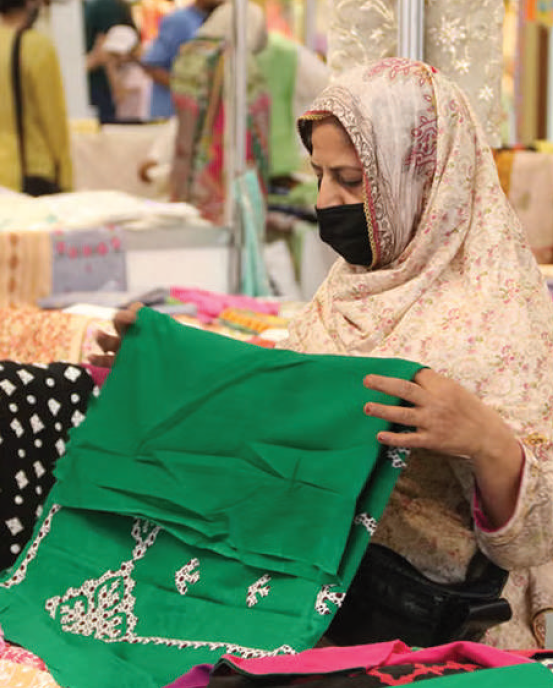In the twenty-first century, discussions about economic growth, sustainable development, and poverty alleviation cannot be complete without addressing the critical role women play in the economy. From the fields of rural agriculture to the boardrooms of multinational corporations, women’s labour, skills, and leadership have historically sustained communities and markets often without recognition or fair compensation. As the global economy grapples with persistent challenges such as inequality, climate change, and technological disruptions, empowering women economically is not just a matter of justice but a practical necessity for shared prosperity.
Women and the economy have a deep and intrinsic connection. Since the dawn of human history, when people began to understand the concept of the economy, women have been part of it. If we look at the structure of economic systems, there are two broad models: one is the communist society, aimed at the evolution of human society; the other is the exploitative economic system known as capitalism. In countries like Pakistan, today, neoliberalism reinforces capitalism helping the rich become richer while pushing the poor further into poverty. Within this system, where every worker faces exploitation, women suffer double oppression.
Capitalism has always leveraged religion and gender for its own expansion. Religion is often used to divide people and grow business interests, while patriarchy turns women into a cheap, exploited labour force: a ‘double slave’ whose domestic and economic contributions are systematically undervalued. This exploitation is not new, it is written in the history we seldom read. As historian Mubarak Ali has highlighted in his works, women’s stories were deliberately hidden; reclaiming this history helps us see how economic systems continue to extract unpaid and underpaid labour from women.
Today, women prove themselves in every field: sports, technology, and social sciences. But too often, they are brought in for token representation. They are asked to compromise with fewer facilities because most benefits are reserved for men. Wage gaps persist; women are paid less than men for the same work. Justifications are rooted in patriarchal logic that women take maternity leave, may stop working after marriage, or spend more time caring for children. However, if a woman can manage the home, why can’t a man? Women are made to run households and earn wages yet no such dual burden is placed on men. Men too suffer. They are expected to bear the full financial burden of the household, raised to suppress emotions, and taught that crying is weakness which harms their mental health. In the end, neither men nor women benefit from this unequal structure.
Women make up half of Pakistan’s population, yet their share in the economy is not even half of their numbers. While women’s formal labour is visible, the unpaid work they do at home is overlooked. In both spaces, women live a life of double slavery. The state should recognise and pay for household labour too, freeing women from economic stress. After all, the entire system is tied to economic injustices. When a man is under economic pressure and unable to fulfill household responsibilities, he often vents his frustration on women through domestic violence which is not justified. Understanding this link, is crucial to breaking cycles of poverty and abuse. It is very important to discuss how domestic abuse and violence is directly connected with patriarchy.
Even today, women are killed in the name of so-called ‘honour killings’ like karo-kari. Our society has not progressed enough to value a woman’s consent or refusal Yet despite these challenges, some women from certain families have not only rebelled but also paved the way for other women. In our society, even today, a woman’s opinion is not given its due importance.
Dr Mubarak Ali writes in his books that history has been written by men, which is why there is so little mention of women’s labour. Rubina Saigol, in her book Aurat Aur Muzahamat (Women and Resistance), writes that even today women work in factories where they face sexual harassment; at home, they suffer violence from men yet still support them financially to run the household.
In labour unions too, women are rarely included and if meagerly present, they are mere tokens, so women’s voices are ignored in decision-making.
In politics as well, men dominate. They may be keen to bring other women into politics but often hide the women of their own households away and politics is attached to economic decision-making. Men’s sense of masculinity finds comfort in this, which is a pure product of patriarchy.
Around the world, women’s contribution to the economy extends far beyond the formal labour market. However, In South Asia, Africa, and Latin America, millions of women are engaged in informal and unpaid work, tending to families, producing food, caring for the elderly, or managing households.
The writer is a journalist and human rights activist.



